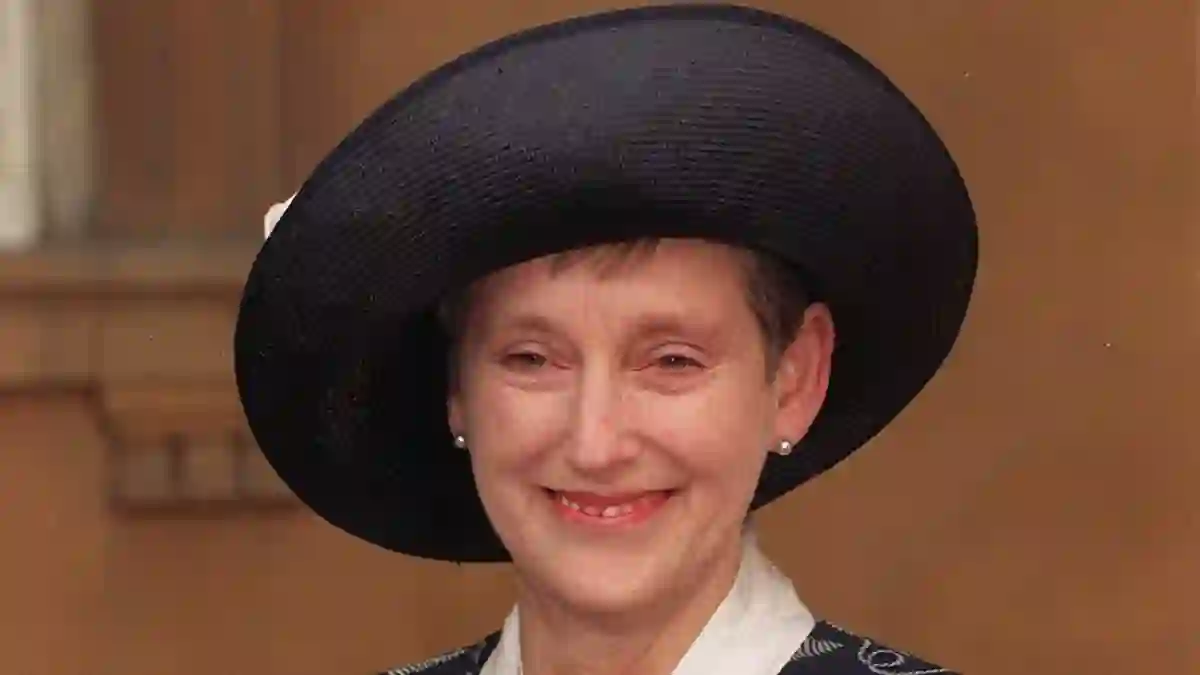When it comes to pioneering women in British intelligence, Dame Stella Rimington’s name stands tall.
The first woman ever to lead MI5, Britain’s secret service, has passed away peacefully at the age of 90, surrounded by family and her beloved dogs.
Her remarkable life spanned decades of espionage, groundbreaking achievements, and a public face for an agency known for its secrecy.
From South London Childhood to an Unexpected Career in Intelligence
Born Stella Whitehouse in South Norwood, London, in 1935, Stella grew up amid the upheaval of World War II.
Her family moved out of London during the Blitz to safer parts of the country, experiences that left a lasting impression on her.
After university studies in archive administration, she took a job as an archivist and then followed her husband to India for his diplomatic post.
It was there in New Delhi in 1967 that a chance request to “help out” in an office turned her toward a secretive career in MI5.
A Quiet Start That Led to a Remarkable 29-Year Career
Initially, her work was mostly clerical, but it sparked a passion for intelligence work.
Returning to London in 1969, Stella sought a permanent role with MI5, an institution dominated by men, heavy drinking, and rigid gender roles.
Women were mostly limited to administrative tasks, while men handled spy recruitment and fieldwork.
Despite these challenges, Stella persevered, eventually becoming the first woman to train as an agent-runner—a breakthrough since it was believed potential informants wouldn’t trust a woman.
She balanced undercover assignments with raising a family, navigating moments of crisis, like rushing between hospital visits and secret meetings.
Rising Through the Ranks Amid Controversy and Change
By 1983, Stella became MI5’s first female assistant director, taking charge of counter-subversion during the turbulent miners’ strike of 1984.
Monitoring union leaders like Arthur Scargill sparked heated debate, but she stood by MI5’s role in protecting national security.
Later, as director of counter-espionage, she faced the fallout from the controversial Spycatcher memoir that exposed MI5’s secret activities and conspiracies, fueling calls for greater oversight.
Making History as MI5’s First Publicly Named Director General
In the early 1990s, Stella played a key role in drafting the Security Service Act, which put MI5 on a legal footing and introduced more government control.
In 1992, without even an interview, she was named director general—the first woman to lead the agency and the first to have her identity publicly announced.
The media frenzy forced her from her home to secure accommodations, a sudden and stressful shift.
Bringing MI5 Out of the Shadows with Openness and Wit
Despite initial reluctance, Stella embraced transparency.
She helped publish the first official MI5 booklet for the public and delivered the prestigious Dimbleby lecture, explaining intelligence’s role in a democracy.
Though some colleagues disliked her public profile, she earned an MBE in 1996 and later became a bestselling author, penning spy thrillers inspired by her career.
Life After MI5: Writing, Business, and a Second Chance at Love
After retirement, Stella took on directorships at major companies and used her keen observation skills in the business world.
She also chaired the Man Booker Prize judging panel, sparking debate with her emphasis on “readability” in literature.
In a touching postscript, she reconciled with her husband during the COVID-19 lockdown, sharing her recipe for marriage: time apart followed by coming back together.
A Legacy of Strength, Intelligence, and Breaking Barriers
Dame Stella Rimington’s story is one of breaking through glass ceilings in one of Britain’s most secretive institutions.
From a diplomatic wife in India to the highest ranks of MI5, she not only helped shape national security policy but also redefined what women could achieve in intelligence.
Her life and work will be remembered for decades to come as a testament to courage, resilience, and the power of transparency in a shadowy world.
